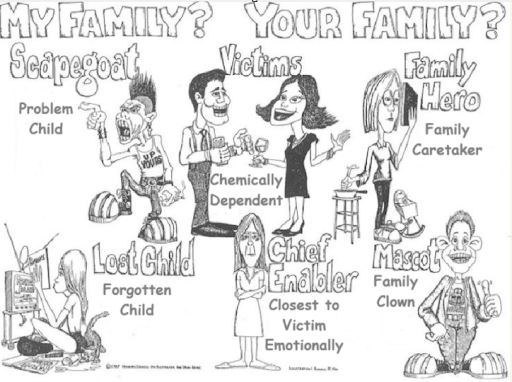Childhood
Dysfunction
Family Roles
Adapting to Chaos
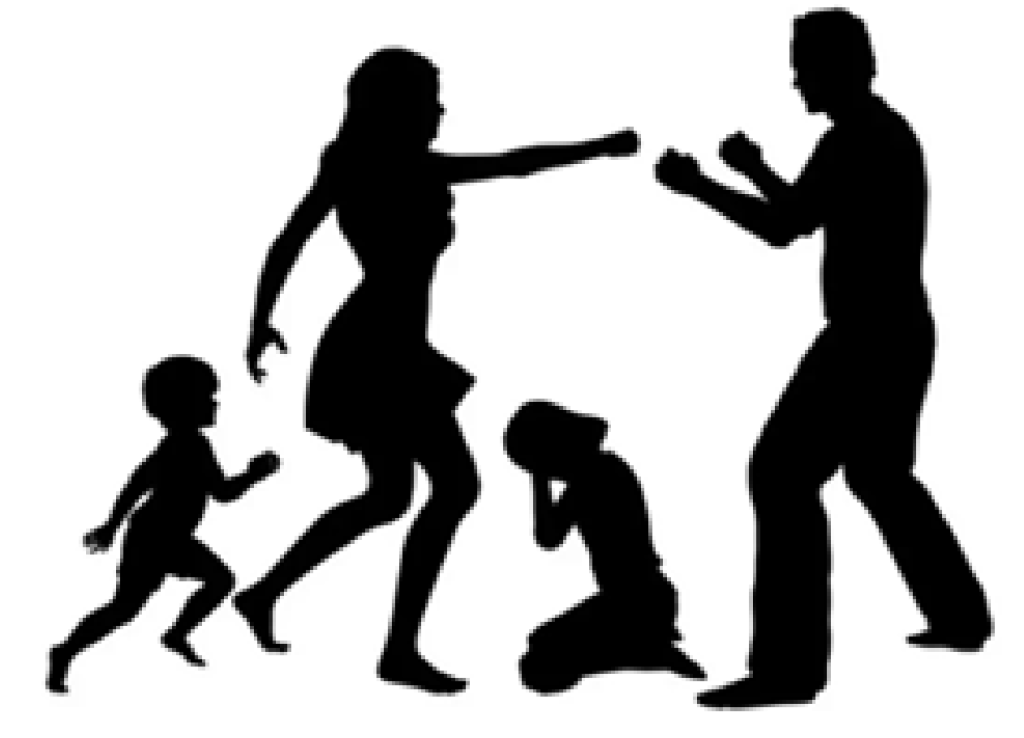
Childhood Chaos
Jacquie’s relationship with addiction and codependency began in childhood, though she didn’t fully recognize it until adulthood. When she entered recovery in 2013, she learned that addiction is a family disease, with each member assuming roles that enable dysfunction. Her father, an alcoholic and addict, embodied the role of the “Victim”—emotionally unstable, rageful, and manipulative, drawing the family into his chaos. Her mother, emotionally closest to him, became the “Chief Enabler,” shielding him from consequences while absorbing the damage. Jacquie stepped into the role of “Family Hero,” taking on adult responsibilities at a young age to create a sense of order. These early patterns shaped her beliefs, behaviors, and relationships, ultimately leading her to unconsciously repeat similar dysfunction in her marriage, believing chaos was normal.
Victim Father
As the “Victim,” Jacquie’s father manipulated those around him, shifting blame and avoiding responsibility. He was unpredictable, verbally and emotionally abusive, and increasingly suicidal over time. This became Jacquie’s normal—a foundation that influenced the dysfunction she later tolerated in marriage. She eventually married a man with many of the same traits: manipulative, rageful, and emotionally abusive. Although she convinced herself they were different—her husband being a highly educated, successful pilot, while her father was an often unemployed truck driver—the emotional patterns were alarmingly similar. Jacquie thought she had escaped her childhood chaos, but in truth, she had unknowingly recreated it.
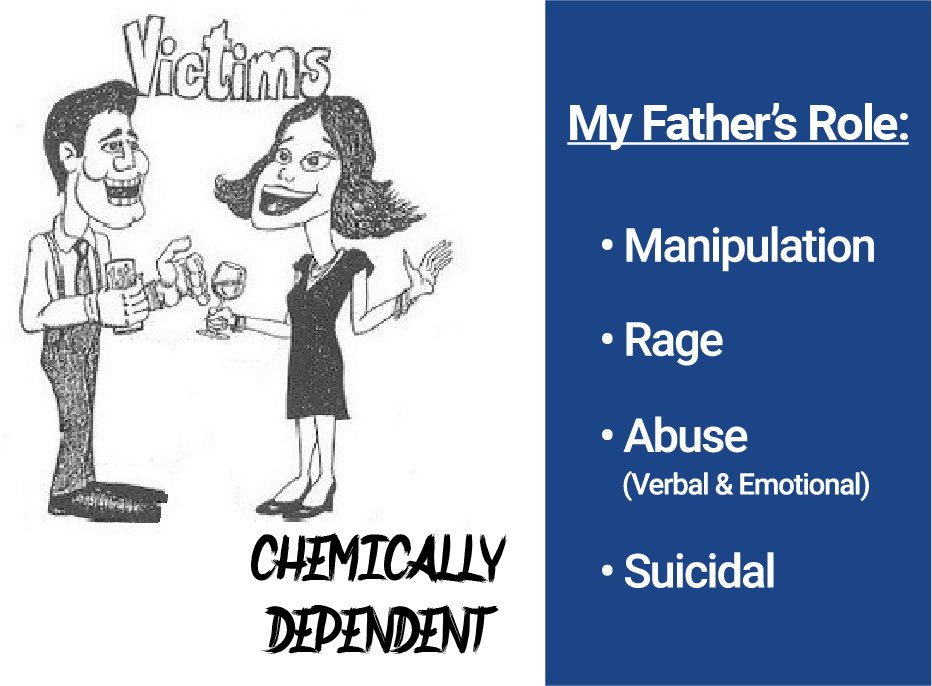
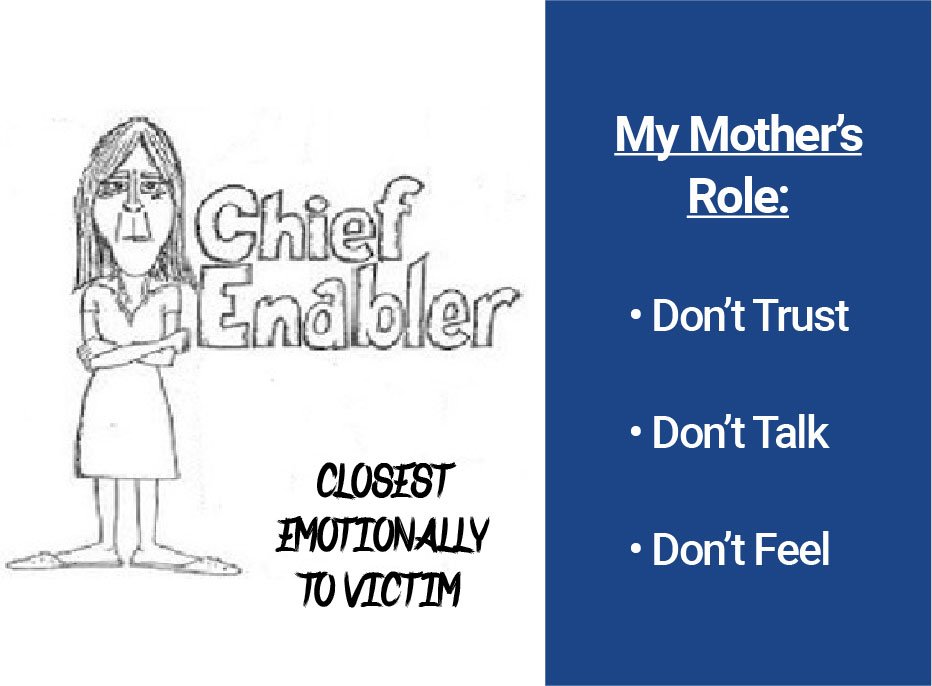
Enabling Mother
Jacquie’s mother played the role of “Chief Enabler,” modeling life according to three unspoken rules: Don’t Trust, Don’t Talk, and Don’t Feel. Though these rules were never spoken aloud, they governed every aspect of the family dynamic. Raised in such an environment, Jacquie—and later her husband—were primed to unconsciously carry these patterns into their marriage, passing them down to their children. Enabling wasn’t just her mother’s response; it became Jacquie’s survival strategy as well. She learned to smooth over conflict, suppress emotions, and prioritize peace over truth. These patterns didn’t end in childhood; they followed Jacquie into adulthood, quietly shaping every relationship she entered.
Hero Daughter
As the “Family Hero,” Jacquie was the rule-following, over-responsible, high-achieving child. Outwardly, these qualities seemed admirable—praised for independence, perfectionism, and the ability to “hold it all together.” But underneath, her drive was fueled by an unmet need for love, approval, and stability. Society rewarded her achievements, allowing her to believe she had risen above her upbringing. In reality, her ability to manage chaos as a child simply prepared her for a future role as “Chief Enabler” in marriage. What looked like strength was actually survival. It took years before Jacquie realized her worth was never tied to how well she kept things from falling apart.
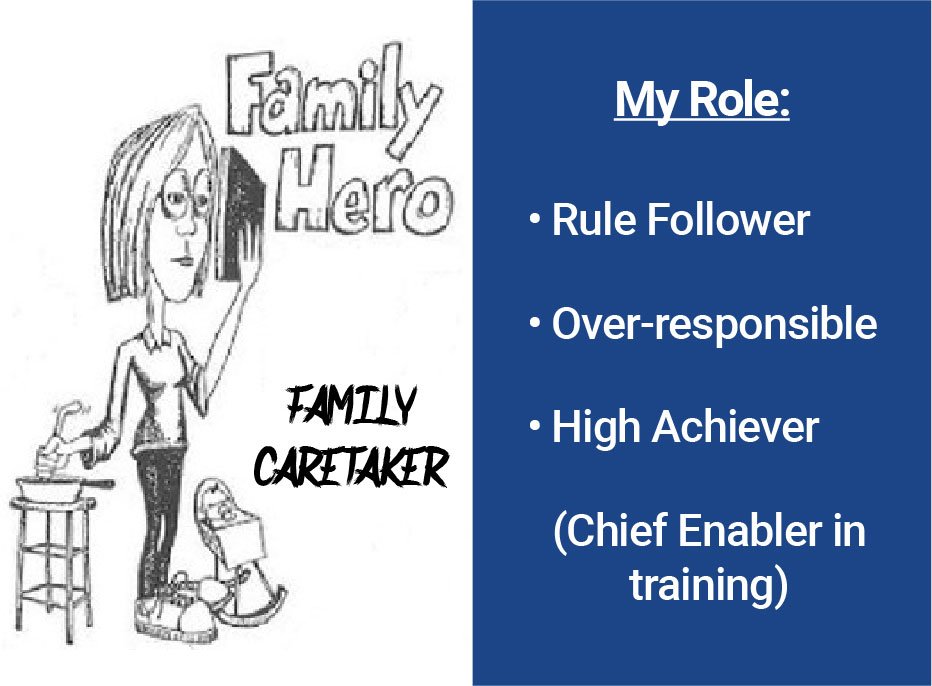
Core Beliefs
Making Sense of Chaos
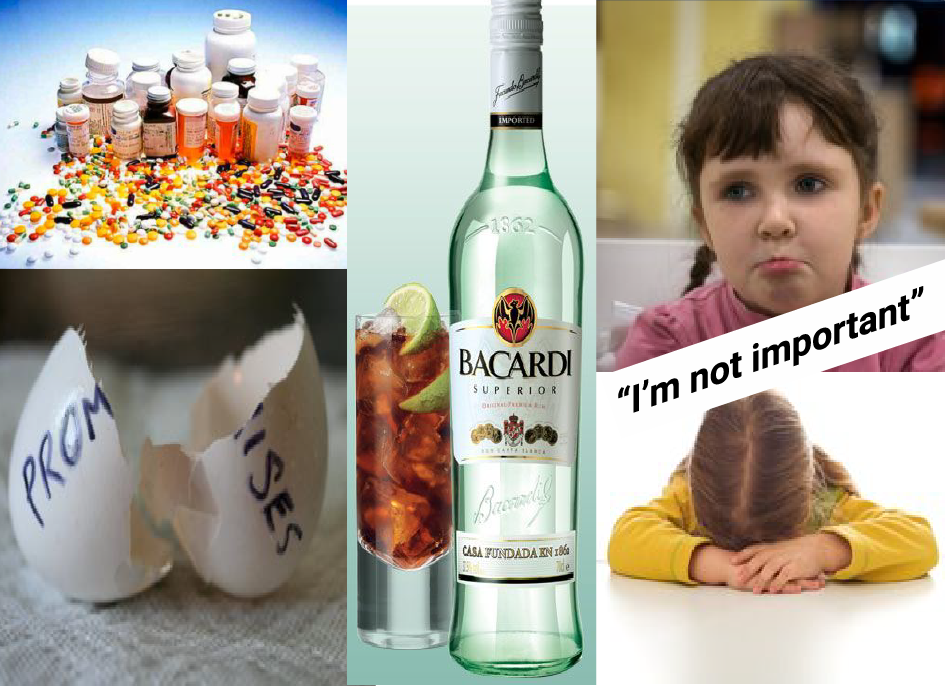
I’m Not Important
From an early age, Jacquie learned she couldn’t rely on others to meet her emotional needs. Her father, consumed by addiction, was emotionally absent, offering no sense of safety or support. Her mother, overwhelmed by the need to manage his chaos, often retreated into depression, leaving Jacquie feeling invisible. Emotional neglect became her reality, and over time, she internalized the belief that she simply wasn’t important. As an adult, Jacquie adapted by becoming fiercely independent and perfectionistic, refusing to depend on anyone. In her marriage, this showed up as controlling, micromanaging behavior—while deep down, she longed for someone to truly see and value her.
It’s My Fault
Jacquie grew up under the constant threat of her father’s unpredictable rage. The house was filled with shouting, slammed doors, and thick tension. Public outbursts brought humiliation, and fear became part of daily life. When her grandmother confronted her father about his anger, he used Jacquie to defend himself: “Have I ever hit you?” he asked. “No, sir,” she replied. From that moment, Jacquie learned that abuse without bruises was invisible—and that keeping the peace was her responsibility. She adapted by walking on eggshells and blaming herself for his eruptions. Years later, when her husband raged, Jacquie quietly absorbed the blame, hoping silence could keep the storms at bay.
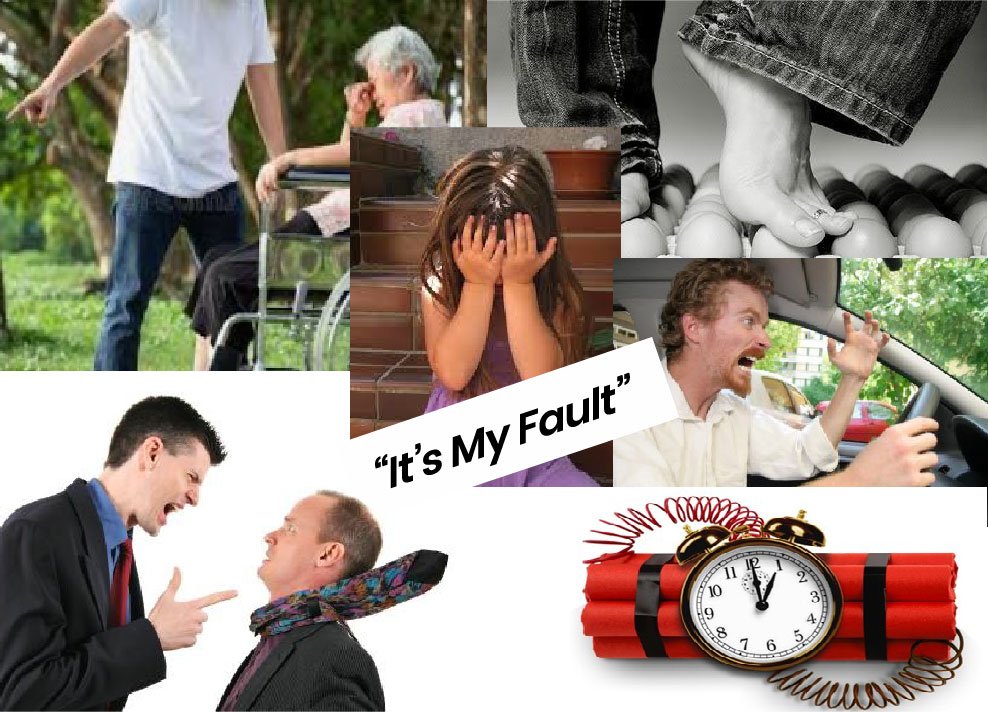
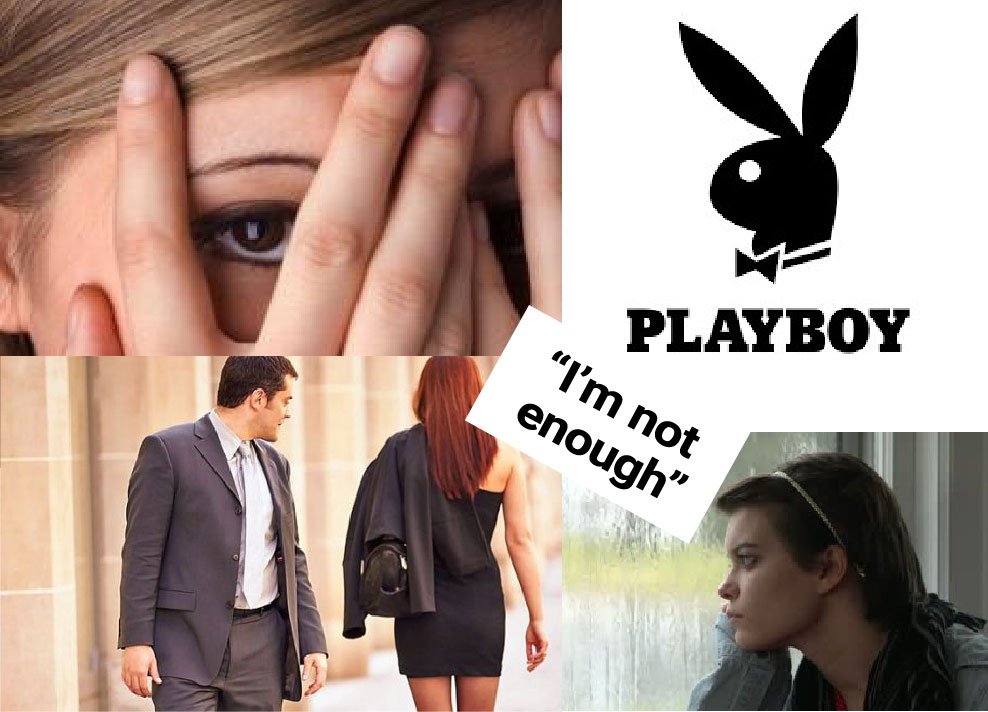
I’m Not Enough
As Jacquie grew older, she saw how much attention her father gave to women—but not in ways that made her feel valued. His crude remarks, pornography, and objectification of women taught her early that a woman’s worth was tied to her sex appeal. Comparing herself to the women who captured his gaze, Jacquie always felt she fell short. Striving to be seen, she lied about her age and sought validation through older men, beginning a pattern of unhealthy, exploitative relationships at just 13 years old. For years, Jacquie buried her shame—until a therapist finally named what it truly was: molestation, not consent.
Truth Is Dangerous
Fear and manipulation were part of Jacquie’s childhood landscape. Her father’s frequent suicide threats held the family hostage emotionally, creating scenes of terror that Jacquie will never forget. She witnessed him with a loaded gun and once found him on a ladder with a noose around his neck while her mother lay unconscious below. When Jacquie finally broke the silence and called 911, her mother pleaded with her to cover up what had happened. Though the call was recorded, the fallout was devastating. From that moment, Jacquie learned that truth-telling could destroy families—and that secrets must be protected at all costs. In her marriage, she continued the cycle, hiding her husband’s drinking, rage, and emotional abuse to preserve the appearance of normalcy.
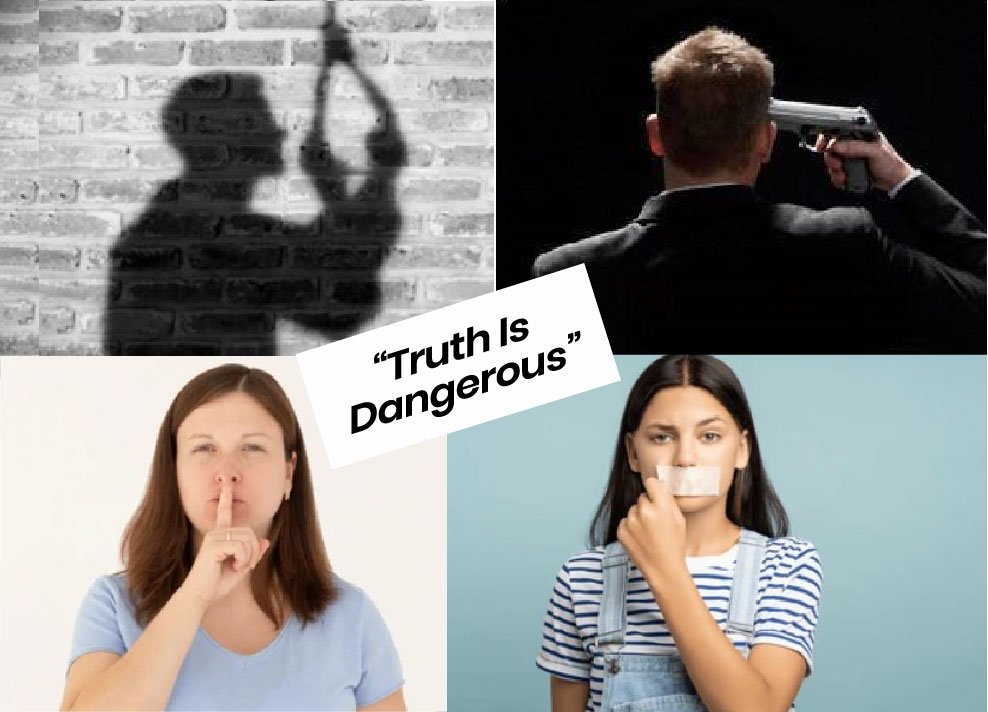
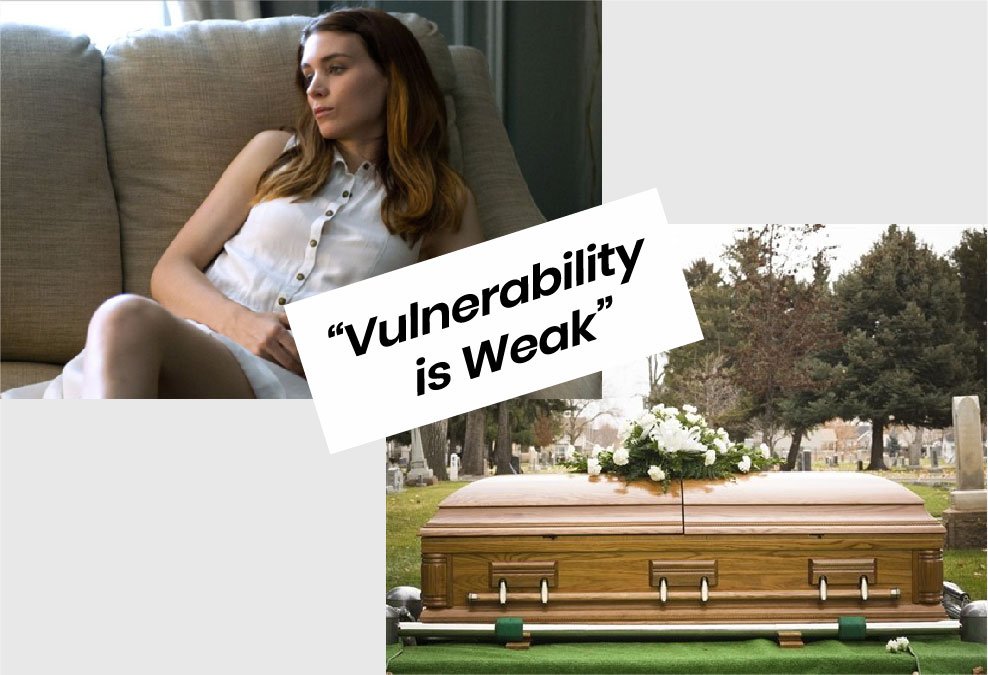
Vulnerability Is Weak
When Jacquie’s father died, she was 30 years old—and she felt nothing. No grief, no anger, no sadness. Just a numb emptiness. Having lived by the unspoken rule “Don’t Feel,” Jacquie believed that vulnerability was dangerous, a sign of weakness. But shutting down pain also shut down her ability to love. As a wife and mother, she struggled to offer emotional warmth, even when her children were sick or hurting. She had spent a lifetime suppressing emotions out of fear that if she allowed herself to feel even for a moment, the flood of grief, anger, and sadness would drown her. Healing would only begin when Jacquie finally dared to feel what she had locked away for so long.

